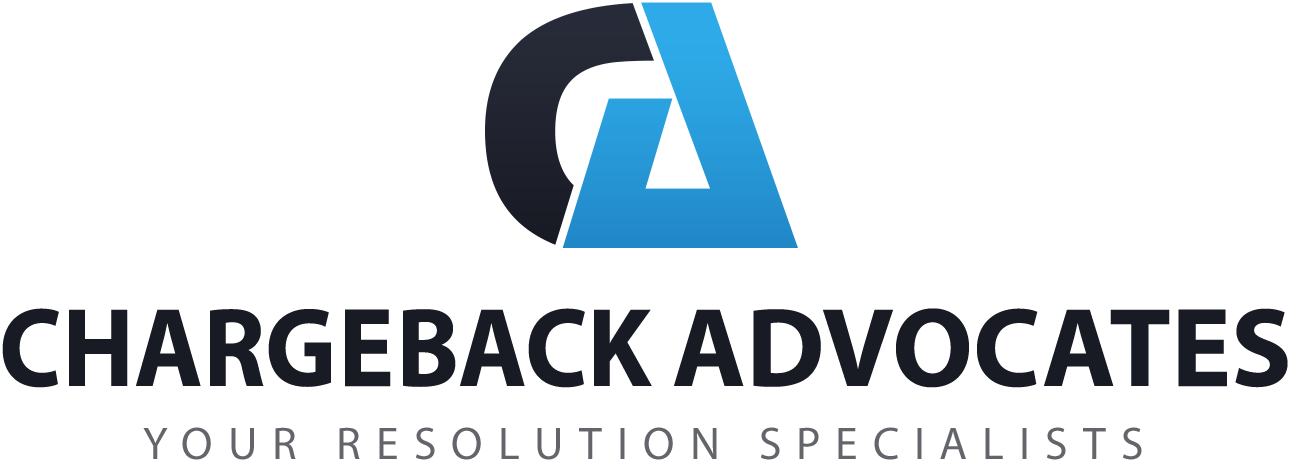Chargeback is the return of funds to a consumer, forcibly initiated by the issuing bank of the instrument used by a consumer to settle a debt. Specifically, it is the reversal of a prior outbound transfer of funds from a consumer’s bank account, line of credit, or credit card.
Chargebacks also occur in the distribution industry. This type of chargeback occurs when the supplier sells a product at a higher price to the distributor than the price they have set with the end user. The distributor then submits a chargeback to the supplier so they can recover the money lost in the transaction.
United States overview:
The chargeback mechanism exists primarily for consumer protection. Holders of credit cards issued in the United States are afforded reversal rights by Regulation Z of the Truth in Lending Act. United State debit card holders are guaranteed reversal rights by Regulation E of the Electronic Fund Transfer Act. Similar rights extend globally, pursuant to the rules established by the corresponding card association or bank institution.
A consumer may initiate a chargeback by contacting their issuing bank, and filing a substantiated complaint regarding one or more debit items on their statement. The threat of forced reversal of funds provides merchants with an incentive to provide quality products, helpful customer service, and timely refunds as appropriate. Chargebacks also provide a means for reversal of unauthorized transfers due to identity theft. Chargebacks can also occur as a result of friendly fraud, where the transaction was authorized by the consumer but the consumer later attempts to fraudulently reverse the charges. Card association chargeback rules (e.g., MasterCard) are available online for public inspection and review. They comprise a well developed, well crafted and efficient system for transaction disputes between cardholder’s and merchants, primarily where the issues can be resolved based on documentary evidence incident to the transaction. The rules provide for arbitration of issues by the card association.This may occur where the card issuer generates a second (or “pre-arbitration”) chargeback against the merchant, after receiving the merchant’s response to the initial chargeback. Normally this would require the cardholder to rebut elements of the merchant’s response. The second chargeback results in a second crediting of the cardholder’s account for the disputed funds, after having been credited back to the merchant with its response to the initial chargeback. The merchant’s only recourse after the second chargeback is to initiate arbitration of the dispute by the card association. The fee for this in the order of $250.00 to $500.00, and the arbitration loser is then obligated to pay the costs of the arbitration.
Reason Codes:
With each chargeback the issuer selects and submits a numeric reason code. This feedback may help the merchant and acquirer diagnose errors and improve customer satisfaction. Reason codes vary by bank institutions, but fall in four general categories:
- Technical: Expired authorization, non-sufficient funds, or bank processing error.
- Clerical: Duplicate billing, incorrect amount billed, or refund never issued.
- Quality: Consumer claims to have never received the goods/merchandise as promised at the time of purchase.
- Fraud: consumer claims they did not authorize the purchase or identity theft.
One of the most common reasons for a chargeback is a fraudulent transaction. In this case, a credit card is used without the consent or proper authorization of the card holder. In some cases, a merchant is responsible for charges fraudulently imposed on a customer. Fraudulent card transaction often originate with criminals who gain access to secure payment card data and set up schemes to exploit the Chargebacks can also result from a customer dispute over statement credits. For example, a customer
may have returned merchandise to a merchant in return for credit, but credit was never posted to the account. A dispute may also arise if a customer does not receive items they have paid for. In these examples, the merchant is responsible for issuing credit to its customer, and would be subject to a chargeback. Other types of chargebacks are related to technical problems between the merchant and the issuing bank, for example when a customer was charged twice for a single transaction. Other chargebacks are related to the authorization process of a credit card transaction, for example, if a transaction is declined by its issuing bank but the account is still charged.
Merchant Recourse:
For transactions where the original invoice was signed by the consumer, the merchant may dispute a chargeback with assistance of the merchants acquiring bank. The acquirer and issuer mediate in the dispute process, following rules set forth by the corresponding bank or card association. If the acquirer prevails in the dispute, the funds are returned to the acquirer, and then to the merchant. Only 21% of chargebacks lodged globally are decided in favor of the merchant.
Merchant Penalties:
The merchant’s acquiring bank accepts the risk that the merchant will remain solvent over time, and thus has an incentive to take a keen interest in the merchant’s products/services and business practices. Reducing consumer chargebacks is crucial to this endeavor. To encourage compliance, acquirers may charge merchants a penalty for each chargeback received. Payment service providers, such as Paypal, have a similar policy. PayPal Merchant charges $20.00 for each chargeback (regardless of whether or not
it is the first) plus it will retain the original transaction fee. Where most banks and merchant providers charge a fee of $25.00.
In addition, Visa and MasterCard may levy severe fines against acquiring banks that retain merchants with high chargeback frequency. Acquirers typically pass such fines directly to the merchant. Merchant whose ratios stray too far out of compliance may trigger card association fines of $100.00 or more per chargeback.
Other Types of Chargebacks:
Accounts may also incur credit reversals in other forms. ATM reversals occur when an ATM deposit envelope is found to have less funds than represented by the depositor. A chargeback is made to correct the error. This could result due to a counting error or intentional fraud by they account holder, or the envelope or its contents could have been lost or stolen.
Chargeback also occur when a bank error credits an account with more funds then intended. The bank makes a chargeback to correct the error. If an overdraft results and it cannot be covered in time, the bank could sue or press criminal charges. When a direct deposit is made to the wrong account holder or in a greater amount than intended and a chargeback is made to correct the error. Finally, chargebacks occur when an account holder deposits a check or money order and the deposited item is returned due to non-sufficient funds, a closed account, or being discovered to be counterfeit, stolen, altered, or Banks may sue account holders or press criminal charges when chargebacks are required due to fraudulent activity and insufficient funds are in the account to cover the chargebacks.
Criticisms:
Consumer may abuse the chargeback mechanism at the expense of merchants. For example, consumer who experience buyer’s remorse, or engage in other forms of friendly fraud, may habitually reverse transactions. Credit card issuers often are unable or unwilling to properly process chargeback responses (to the card holder’s chargeback) by merchants with the result that the card issuers in many cases accept reversal of the merchant chargeback even though the card holders chargeback claim is valid. Card issuers often don’t follow the card associations procedural rules (published online) applicable to the parts of the chargeback process after the initial chargeback. This is in some cases a violation of Treasury Regulations Z (credit cards) and E (debit cards) and these card holder may in those cases be able to reacquire the chargeback funds from the card issuer despite its inability to collect the funds from the merchants account due to the card issuers failure to fully comply with the chargeback rules. If a card holder finds that the card issuer fails to comply with chargeback rules, they can file a complaint with the relevant state and federal regulators (e.g., the FDIC, the Controller of the Currency, The Federal Reserve), after first determining which regulator supervises the card issuer’s operations.
Card issuers who file a chargeback with an identity-theft related reason code have no obligation (and in fact have financial disincentive ) to report the consumer’s account as compromised. As a result, consumers have an incentive to report any unwanted item on their bank or credit card statement as fraudulent.
Wikipedia contributors. “Chargeback.” Wikipedia, The Free Encyclopedia. Wikipedia, The Free Encyclopedia, 5 Feb. 2015. Web. 27 Feb. 2015.

